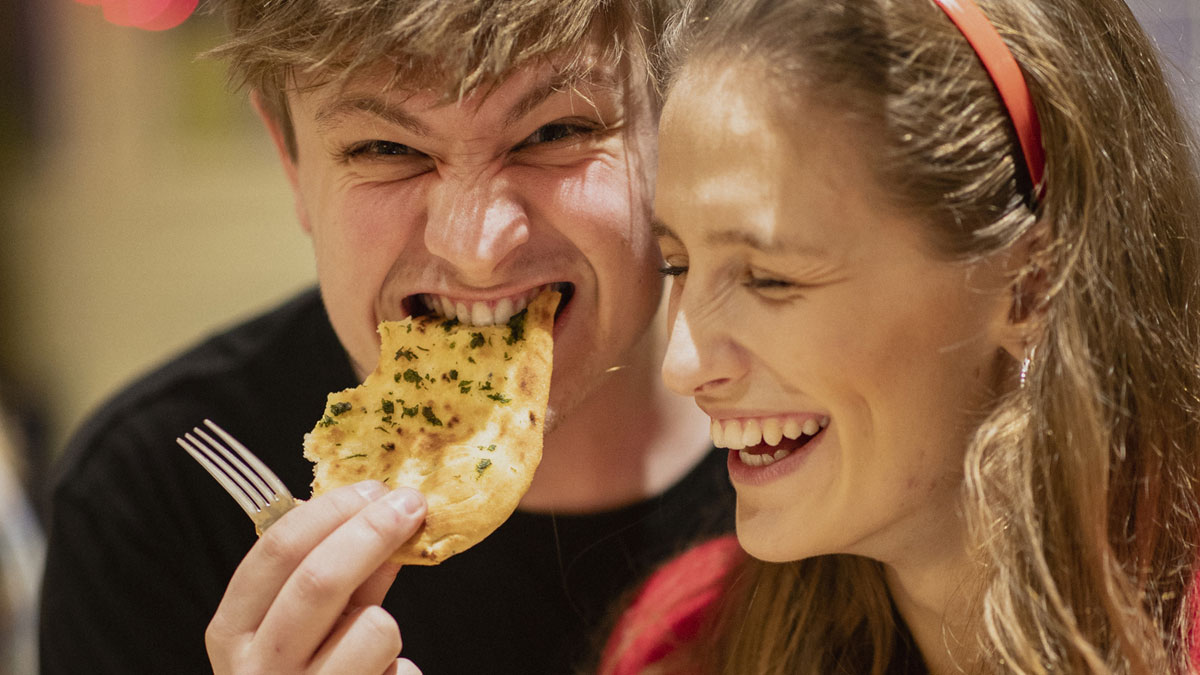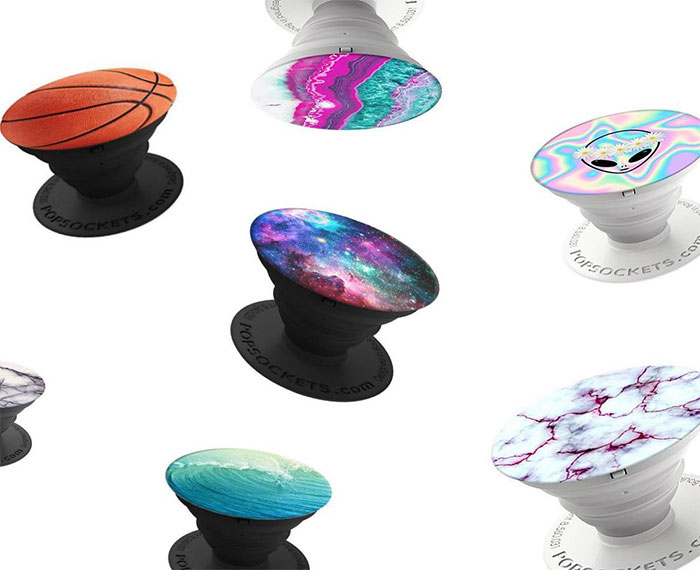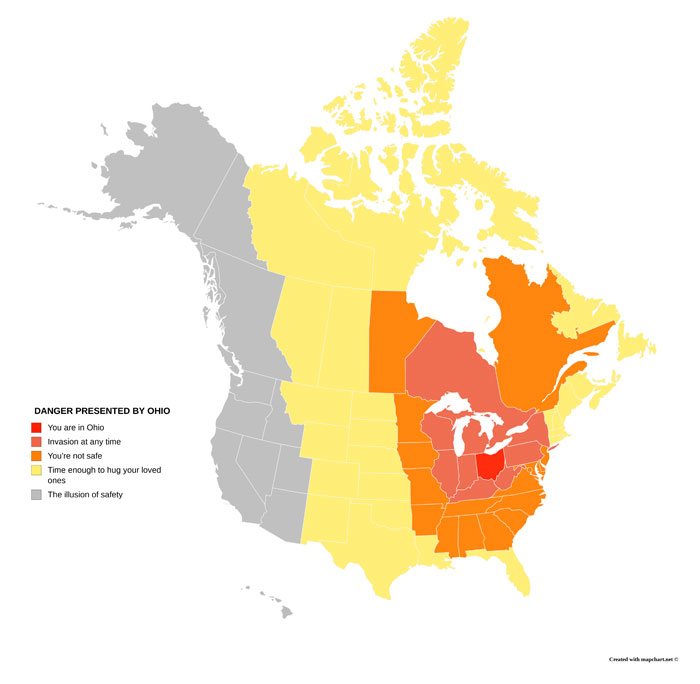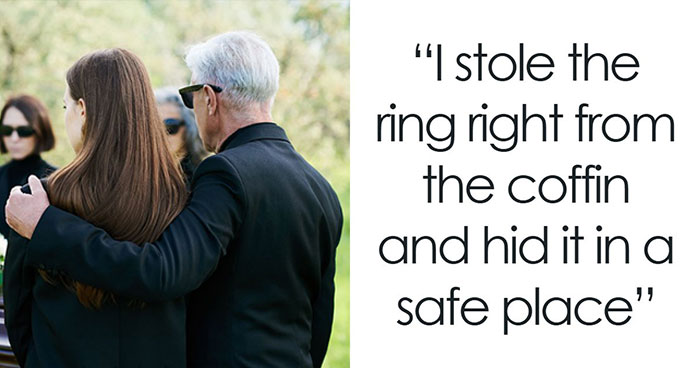Brain rot. Skibidi. Ohio. Sigma. Fanum tax.
If social media lingo has you feeling like you need a translator lately, you’re definitely not alone. Generation Alpha — kids born since 2010 — is rapidly taking over social platforms, creating tight-knit communities, and crafting a whole new language filled with unique slang.
You might get lucky enough, like Damon Sharpe, to find an Alpha who’ll patiently teach you their ways. However, since their slang changes almost overnight, diving deep into Gen Alpha culture is the best way to keep up truly.
In this piece, we’ll explore how each generation reinvents language, diving into the definitions, meanings, and origins behind Gen Alpha’s most used slang words.
Evolution of Slang Across Generations
According to Genealogy Bank, a generation is roughly 20 to 35 years long, but their shared experiences are what truly define them.
For example, the Baby Boomers, born between 1945 and 1965, were heavily influenced by the “lack of extensive, authoritative, epidemiological surveys of drug addiction,” according to a paper in the Journal of Epidemiology and Community Health.
This generation pioneered the Hippie era, and according to a first-hand account on Quora, their mainstream slang like “Hoover,” “window,” and “bud” were references to illicit substances.
Generation X, born between 1965 and 1980, grew up during the emergence of hip-hop culture and introduced slang such as “diss.” Millennials, born between 1981 and 1996, experienced the transformative shift from analog to digital and the rise of global connectivity, giving birth to early social media slang like “bae” and “clapback.”
Gen Z, the true digital natives, witnessed firsthand the evolution of social media, navigated the coronavirus pandemic, and saw the internet transition from Web2 to Web3. Already, the trendy slang of their youth feels increasingly outdated.
Generation Alpha, however, has been immersed in a fully digital environment since birth. Unlike previous generations who experienced the arrival of social media and globalization, Alpha has never known a world without them.
Shaped by platforms like TikTok, Twitch, YouTube, and gaming communities, it’s only natural that these influences heavily inform their unique slang.
Alpha Slang Terms
Skibidi
Voted the third most popular Children’s Slang of The Year by over 6,000 children surveyed by the Oxford University Press, Skibidi might be the most mind-boggling of the Gen Alpha slang. It’s not a variation of an existing word, so you can’t reason out its meaning.
Definition: Skibidi is a prefix referencing the YouTube series Skibidi Toilet. The word has no fixed meaning and could mean cool, good, or bad.
Origin: Skibidi Toilet is a massively popular web series created by DaFuq!?Boom!. The story revolves around toilets with human heads who try to take over the world while fighting humanoid Cameramen, Speakermen, and TV-Men.
According to Reddit’s r/etymology community, the term “Skibidi” evolved from scat singing, a jazz form with nonsensical, wordless vocals. In 2018, it resurfaced with a song titled “Skibidi” from the Russian rave band Little Big. The web series resurrected the word in 2023, inserting it into Gen Alpha’s vocabulary.
Examples: He’s got skibidi rizz. Where are my skibidi slicers?
Sigma
You may have heard of the “Alpha Male.“ According to the Cambridge Dictionary, that’s an intergenerational favorite who means “the most successful and powerful male in any group…who likes to be in charge of others.”
But Gen Alpha has leaped from the first to the eighteenth letter of the Greek alphabet to put a fun twist on their definition of group hierarchy.
Definition: The Sigma male is the coolest member of the group. He surpasses the Alpha male because he is indifferent to his influence.
The term has also expanded to include Sigma females with the same characters.
@rsh.996 #Fyp#fypシ#fypシ゚viral#fypシ゚#viral#viralvideo#viraltiktok#sigmagrindset#sigma#sigmafemalegrindset#sigmafemale#mindset#mindblown#strongwomen#strongpersonality#karizma#reels#motivation#فوريو#اكسبلور#فوريو_العرب#فديوهات#ستوريات#ريلز#الشعب_الصيني_ماله_حل😂✌️#الشعب_الصيني_ماله_حل😂😂🙋🏻♂️#الشعب_الصيني_ماله_حل😂😂#الشعب_الصيني_ماله_حل#سيجما#شخصية_السيجما
Origin: According to The Guardian, “sigma male” was coined by Theodore Robert Beale, a blogger and science-fiction writer who believed that dividing males into alphas and betas was too simplistic.
In Beale’s opinion, sigma males were “outsiders who don’t play the social game and manage to win at it anyhow.”
TikTok has also created a Sigma face. The comical expression originated from Patrick Bateman, the villain protagonist played by Christian Bale in the 2000 movie American Psycho.
@danibluuu
r/GenAlpha subreddit paints the sigma male as a member of the “manosphere.“ According to the Canadian Museum for Human Rights, the manosphere refers to a “wide variety of men’s groups operating on the internet and offline [who] assert the unfounded idea that men are naturally dominant [and] distort biology and evolution to argue that restrictive gender norms are natural.”
Despite the controversial origins of Sigma slang, Gen Alpha seems to use it innocently to describe introverted, cool people.
@mr_lindsay_sped Replying to @Z_Russell94 Do you know what #sigma means?! I asked my students and I’m not sure if they do either. As best I can gather, it’s the same thing as “being him”. I LOVE middle schoolers and the chaos of these conversations. 😂 #genalpha#teachersoftiktok#genalphaslang#middleschoolslang#teacherfyp#genz#gyatttttttt#teacher#sigma
Example: “Lone wolf introverted sigma male types eventually develop social skills as their competitive drive and IQ realize the value it offers” (Source: @XanMan____).
Chad, GigaChad
Definition: A Chad is the ultimate, stereotypical alpha male. He is good-looking, usually with a strong jawline, ultra-masculine, athletic, powerful, sexually active, and able to attract his female partners, the Stacys.
A Gigachad is more attractive than a Chad and is at the peak of masculinity.
Origin: The Chad, in this context, was first described in David Welch’s “New In Town Chicago.” Welch used the slang as a derogatory term for rich, upper-class males, but as the alpha male stereotype became more popular, internet meme culture redefined it.
With the trend, the Chad Face, an extended, squared-jaw build of a typical Chad, also became popular on TikTok.
@thedentalsenpai
GigaChad was first coined in 2017 to describe Ernest Khalimov on the 4Chan /pol/ thread. Khalimov is a model for Sleek N Tears, a Russian photographer Krista Sudamalis’s project.
$chan users described his body as the “perfect human specimen destined to lead us against the reptilians.“
The Gigachad’s facial features have been comically overanalyzed on TikTok, with millions of users creating Gigachad versions of themselves with filters.
@mattgorci0 How attractive is Gigachad ? #gigachad#mewing#attractiveness
Example: “This is straight up gigachad, look at that chin!” (Source: @Wisgarus).
Fanum Tax
Definition: Fanum Tax is a term for playfully taking a friend’s food while they’re eating.
Origin: The term refers to the YouTube streamer Fanum, who is part of the content creation group Any Means Possible (AMP) alongside Kai Cenat, ImDavisss, Fanum, Duke Dennis, Agent 00, and ChrisNxtDoor.
In AMP’s videos, Fanum “taxes” the other streamers by taking bits of their food.
Example: Marj said she’s not hungry, then she fanumtaxes half my shawarma plate. (Source: @HeIsMyCaptain)
SYBAU
Definition: SYBAU stands for Shut Your Bi*** A** Up. It is an acronym used on social media platforms to communicate disrespect while avoiding suspension.
Origin: The term has roots in earlier generations and has been described by Urban Dictionary authors since 2003. However, it gained significant traction on TikTok, where it became more widely recognized. Typically, it’s used in text form only.
Example: “You clearly can’t explain it so sybau.” (Source: @miin3verse)
Looksmaxxing
Definition: Looksmaxxing is a combination of “looks” and maximizing.” It means modifying one’s physical features to achieve peak attractiveness.
Origin: According to the BBC, the term originated from online communities of involuntarily celibate (incel) young people in the early 2010s.
A Vice deep-dive revealed that platforms like Lookism.net and Looksmax.net score the facial features of their members and offer advice on how to looksmax by “softmaxxing” or “hardmaxxing.”
@feudalhabits Tips for Lookmaxxing #lookmaxing#selfimprovement#glowup#modeling
Softmaxxing involves mild interventions like skincare, massages, and dieting. Hardmaxxing goes to more brutal extremes with aesthetic procedures like rhinoplasty, hair transplants, and steroid use.
Looksmaxxing regained popularity in the 2020s through Kareem Shami, the self-proclaimed “Godfather of Looksmaxxing,” who has a following of 1.8 million on TikTok and 608,000 on Instagram.
Example: “You look fine, dude, but if you really want to make yourself look better, get into looksmaxxing.” (Source: @mlgg34)
Mog
Definition: To mog a person is to outclass them by looking more attractive, being more fashionable, or having a better physique. It’s one technique for looksmaxxing.
@lizarragabooks Dont send this to your mom #tiktokslang#fyp#mog#mogged#chronicallyonline
The term has other derivatives, such as depending on how the other person is outclassed. Some common examples are Breastmogging, Heightmogging, Jawmogging, Skinmogging, IQmogging, Torsomogging, Buttmogging, and Agemogging.
Origin: The term is a shortened form of the acronym AMOG, meaning Alpha Male of the Group. According to Incels Wiki, mogging was created by pick-up artists — people who help involuntary celibates improve their relationship prospects through social manipulation. It has been used on forums like 4Chan since at least 2016, but it recently became more popular on TikTok.
The core concept of mogging is that being compared to a less attractive person equates to asserting dominance over them, thus making yourself more attractive to the opposite sex.
Example: “My gf is mogging you. Please sit down and never talk.” (Source: @herezsja)
Mewing
Definition: Mewing is a looksmaxxing technique in which the tongue is flattened against the roof of the mouth to define the jawline.
@wiilliamli Reply to @itsjeremiah.w 3 STEP MEWING TUTORIAL #mewing#jawline#tutorial
Origin: Mewing is named after the British orthodontists John and Michael Mew. John Mew started Orthotropics and established his own London School of Orthotropics.
His theory is that crooked teeth are caused by improper mouth posture, so correcting oral posture can cure jaw pain, improve sleep, and fix teeth.
As shown by his 2006 debate, which was documented in the Nature Journal, he has argued for decades that conventional orthodontic procedures damage facial structure.
The General Dental Council of Britain revoked John Mew’s license in 2019 for releasing advertisements decrying conventional orthodontics. According to Dentistry.co.uk’s report, the council stated that Mew had “deliberately provoked his regulatory body with unfounded and untrue assertions.”
His son, Dr. Michael Mew, also an orthodontist, has also been suspended by the Dental Council for malpractice pending his appeal. According to the BBC, Dr. Mew prescribed “mewing” head, neck, and mouth appliances to a 6-year-old patient to wear for 18 to 24 hours daily.
Eventually, the appliances triggered seizure episodes and made the boy struggle to eat.
According to the American Association of Orthodontists, “Scientific evidence supporting Mewing’s jawline-sculpting claims is as thin as dental floss.”
Despite the controversy, mewing has become popular in TikTok culture, particularly among Generation Alpha.
Example: “She’s mewing for the perfect jawline shot” (Source:@RaevanLuna).
Brain Rot
Definition: The deterioration of a person’s intellect due to overconsumption of low-quality social media content.
Origin: It was coined by Henry David Thoreau in his 1854 book Walden, which is publicly available on Project Gutenberg. In the book, he refers to brain rot as the inability to hold complex thoughts.
In his words, “…in this part of the world, it is considered a ground for complaint if a man’s writings admit of more than one interpretation. While England endeavors to cure the potato-rot, will not any endeavor to cure the brain-rot, which prevails so much more widely and fatally?”
The use of the term increased by a staggering 230% in 2023 and 2024, making it the Oxford University Press Word of the Year 2024.
Example: “I’ve been using brain rot for good by immediately scrolling after my alarm goes off” (Source: @user17765478287).
Yeet
Definition: An expression of excitement with no fixed meaning.
@j4wrestling The YEET explanation🤩💯 #JeyUso#JeyUsoWWE#MainEventJeyUso#yeet#JimmyUso#jimmyusowwe#WWE#WWEFan#WWEUniverse#WWE2K24#WWERAW#WWESmackDown#J4wrestling#WrestleMania#WrestleMania40#Wrestling#foryou#fypシ゚viral
♬ [Live recording] Record playback noise 04 (5 minutes) – Icy Light
Origin: The dictionary meaning of Yeet is to throw something forcefully, but this revised Gen Alpha meaning was first defined in 2008 by an Urban Dictionary user. It only became popular in 2014 with the release of Yeet! dance on YouTube.
In 2023, WWE Wrestler Jey Uso began using the catchphrase in the ring, making slang even more widespread.
Example: “ey Uso got lots of moves, and he be styling on em. YEET” (Source: @GuruOfAllThings).
Cheugy
Definition: Cheugy is a somewhat endearing adjective used to describe something that was once cool but is now out of style.
Origin: According to the New York Times, the term was coined by Hallie Cain and her friends at Beverly Hills High School in 2013. For years, it was only used in their friend circles until Haille, under the moniker CheugLife, authored its definition in Urban Dictionary in 2018.
In 2021, she made a TikTok to share the word, which got over 858,000 views. Cheugy became super popular with Gen Alpha, and with a 43,700-follower Instagram account dedicated to curating all things cheugy, the word isn’t going out of style any time soon.
Example: “Can y’all stop doing the AI art, like that shit is cheugy (Source: @jalapen0pickled).
Ohio
Definition: Ohio is used to describe someone or something that’s weird in a cringe-worthy or creepy way.
Origin: In August 2016, a Tumblr user shared a picture of a bus stop sign that read, “Ohio will be eliminated.”
The post was a hit then, with over 120,000 likes and reblogs. Reddittors rode the wave over the next few years, creating more memes and joking about destroying Ohio.
Image credits: Boop-She-Doop
In 2019, the astronaut Ohio meme became mainstream on multiple social media platforms, and Ohio hate accounts became increasingly popular.
By 2022, TikTok had started a new generation of Ohio memes by creating the “Only in Ohio” trend. Users shared edited videos of weird occurrences, proclaiming that such things could only happen in Ohio. Lil B’s song, “Swag Like Ohio,” became the soundtrack for the trend.
Naturally, Ohio evolved to become an adjective synonymous with weirdness.
@themornang only in ohio 💀 #fyp#ohio#foryoupage#viral#trending#haircut#funny#xyzbca
Examples: That gives me the creeps. It’s so Ohio.
Rizz, Rizzler
Definition:Rizz is a derivative of “charisma,” usually used to denote attractiveness and romantic appeal. A “rizzler” is a person who has rizz.
Origin: Rizz, the Oxford Word of the Year 2023, was coined by the Twitch streamer Kai Cenat. While creating this word was a shared achievement between Gen Z and Gen Alpha, the rizzler is entirely credited to the younger generation.
In late 2023, seven-year-old Christian Joseph went viral in a TikTok photo of him wearing a Black Panther costume. He then started producing more content that the New York Times describes as having the “saucy attitude that people find endearing in prepubescents.”
@itztherizzler I just wanted to clean the garage 🤦♂️ #christianjoseph#fyp#blackpanther#marvel
TikTokers particularly liked the charisma of Joseph’s facial expression, dubbing it the “rizz face.” He took the nickname rizzler, turning it into an umbrella term for anyone who has rizz or does the rizz face.
Example: “I am the skibidi alpha rizzler” (Source: @telekeninja).
Gyat, Gyatt
Definition: An exclamation used to express admiration for large buttocks, especially of an attractive woman.
Origin:Gyatt evolved as a derivative of “God damn” in African American Vernacular English. No single person is credited with coining it, but the oldest public post with the word was posted on X in 2009. Nicki Minaj has also used it in her X posts as far back as 2012.
According to Know Your Meme, gyatt became more popular in 2021 when Twitch streamers YourRage and Kai Cenat started to use it.
Their Gen Alpha audience adopted the term, and #gyatt currently has 499,000 posts on TikTok.
Example: GYATT!
When Slang Becomes a Bridge (Or a Cringe)
As the first AI native generation in a world with immersive technology, Alphas are building their sense of human community through social media interaction.
A February 2025 study published in the Journal of English Language Teaching and Literature analyzed Gen Alpha comment sections on YouTube Shorts. The researchers classified these words as primary slang — fast-changing words that everyone in the group understands — and secondary slang — niche terms for smaller subgroups.
Unintentionally, Gem Alpha adolescents are creating a complex sociological dynamic and defining what their generation will be known for. Their slang’s linguistic innovation is a testament to their creativity.
Dr. Christine Mallinson, a linguist at the University of Maryland, explained to National Geographic that the intellectual development of slang helps children communicate clearly, avoid manipulation, and use appropriate language for different groups.
Despite the exciting possibilities, the younger generation prefers that adults tread carefully. A survey by Prodigy Education found that 70% of parents use slang with their children, but more than half of the kids find it “cringe.”
On the upside, for those who can get past the awkward moments, 72% of the parents believed that using slang had strengthened their relationships with their children.
Good list - Here is an expanded form of it https://www.sonar.wtf/gen-alpha-slang-list never a bad idea to not understand them
Good list - Here is an expanded form of it https://www.sonar.wtf/gen-alpha-slang-list never a bad idea to not understand them

 Dark Mode
Dark Mode 

 No fees, cancel anytime
No fees, cancel anytime 



 Image credits:
Image credits:  Image credits:
Image credits: 
 Image credits:
Image credits: 











































16
6